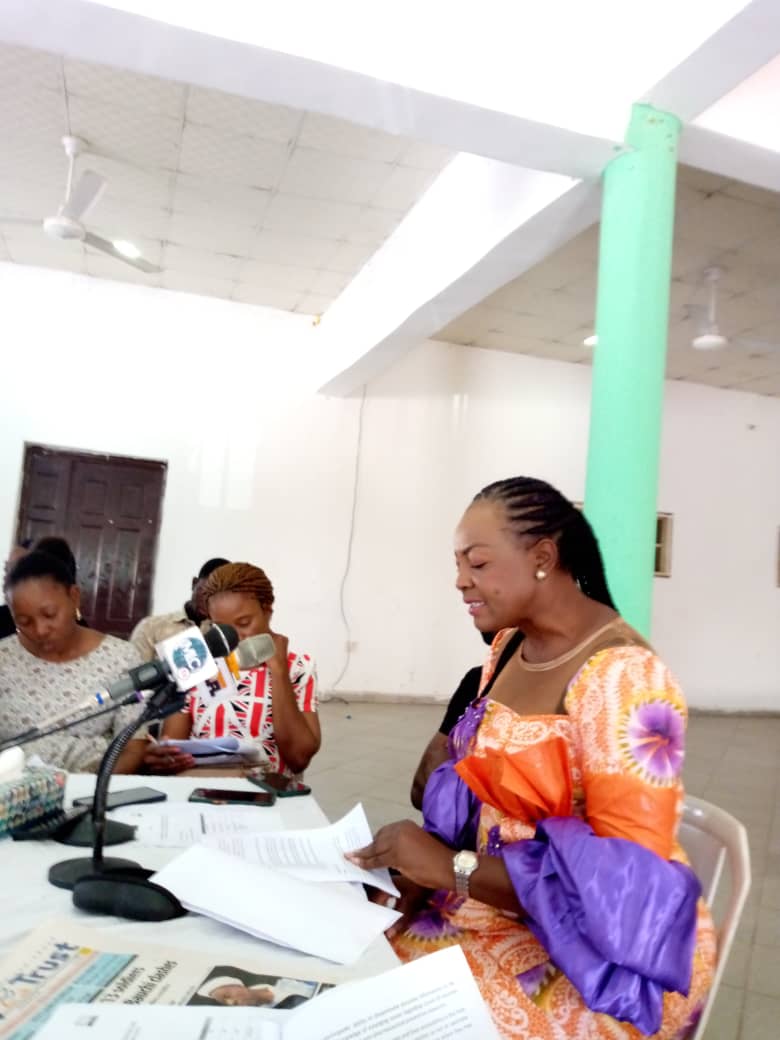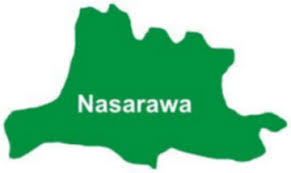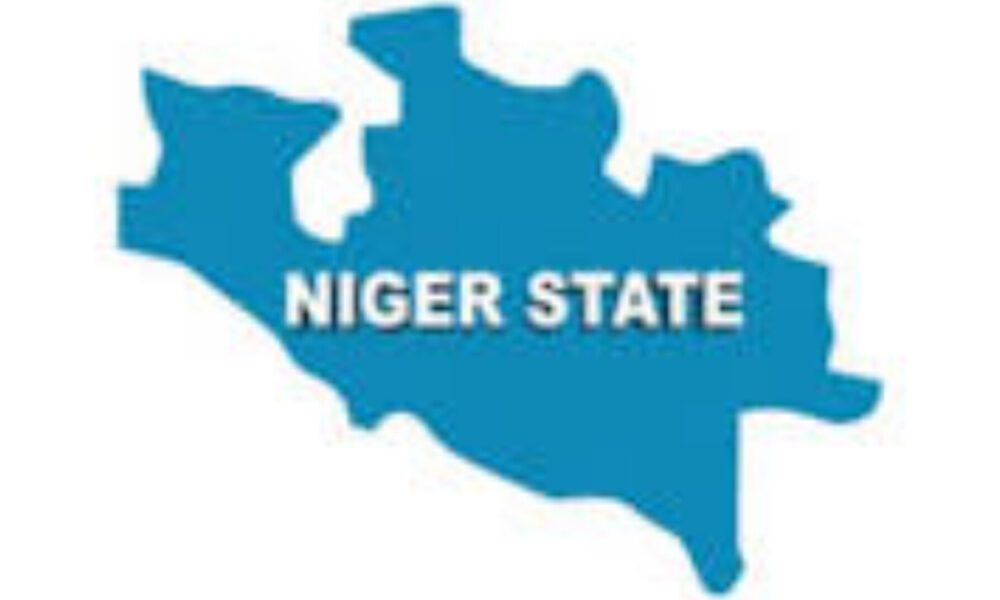By Ishaq Dan-Imam, Lokoja
A Non-Governmental organization in Kogi State, Central Nigeria, Challenged Parenthood Initiative (CPI) in Partnership with Centre for Information Technology Development (CITAD) has indicated that its COVID-19 Uptake project has increased COVID-19 vaccination coverage in the state from 125,833 in 2021 to 646,623 in November, 2022 when the project wound down in the state.
Presenting the progress report on the COVID-19 Vaccine Uptake project titled Enhancing Demand Creation and Uptake of COVID-19 vaccine project in Kogi state, at a news conference in Lokoja on Tuesday, Executive Director of CPI Ms Eunice Abimbola Agbogun, indicated that inspite of the progress recorded in COVID-19 vaccination, the coverage rate in the state is still low compared to the national average of 65%.

He added that, “from the national result, Kogi state status of 23.2% vaccinated eligible population is too low to the national average of 65%, hence kogi state has a lot to do to measure up.”
According to Ms Agbogun,
Data from the Kogi State Primary Health Care and Development Agency (KSPHCDA) revealed that the total number of people vaccinated as of November 2021 was 125,833. At the time, the vaccines available in Kogi State were AstraZeneca and Moderna vaccines.
She said CPI and CITAD joined forces, with financial support from MacArthur Foundation, to increase the Covid-19 vaccine uptake across Kogi State.
“To gain citizens’ trust in the vaccines, CPI collaborated with Kogi State Primary Health Care Development Agency (KSPHCSDA), civil society partners, religious organisations, traditional rulers and media houses to debunk false information and misconceptions about Covid-19 and its vaccines. The project also provided capacity building for stakeholders on emerging issues related to Covid-19 vaccines and relevant topics to ensure accurate information is disseminated to the target audience.
According to Ms Agbogun, the project had two main objectives which included enhancing awareness on the efficacy of the Covid -19 vaccines and mobilise target communities to increase demand and uptake of the vaccines.
The other objectives is to
build the capacity of Stakeholders on emerging issues in the fight against Covid-19 with a view to promoting the uptake of COVID-19 Vaccines.
“To ensure prompt and efficient access to vaccines in Kogi State, the project worked to comprehend and proffer solutions to the challenge affecting the demand for Covid-19 vaccine interventions, thereby enabling opportunities for rapid action to ensure prompt and effective Covid-19 immunisation in Kogi State.
The project offered opportunities for quick measures by gathering in-depth knowledge of the population dynamics of eligible persons in Kogi State, which led to effective results and an advanced understanding of factors impeding the demand and uptake of vaccines in the state.
This endeavour has promoted demand for the Covid-19 vaccine among the eligible population that were yet to be vaccinated so that they can get vaccinated at safe and convenient locations.
The project used a blend of creative communication, digital media, traditional advertising, and public relations to inform people about the benefits of Covid-19 vaccines through a continuous campaign from November 2021 to December 2022,” Agbogun added.
She said CPI paid 25 advocacy visits to relevant stakeholders such as traditional rulers, civil society organisations, Media, religious bodies, trade unions, and government ministries, departments and agencies, the WHO, UNICEF among others in the course of implementing activities of the project:
“We were crossed with strange beliefs, misinformation and adamant positions which were frantically tackled through the social and behavioral change initiatives of CPI/CITAD intervention project as
individuals had held Strange Beliefs before this intervention, while individuals adherence to their strong and strict beliefs that Covid-19 was a punishment released for the ill-doings of our leaders and hence has no effect on the common man who was going about his legitimate activity, hence, the vaccination had nothing to do with them.
They also shared the belief that the masses are only bearing the pains of their wickedness and vaccines have been developed to introduce the virus to the innocent.”
The CPI/CITAD project coordinator, however, outlined the challenges to COVID-19 vaccination campaign in the state to include communal clashes in Bassa and Omala local government, floods, difficult terrains, lack of payment to health workers among others, and called on the state government and local governments to increase funding for COVID vaccination and sustain media campaign on COVID-19 vaccination in the state to scale up coverage since the state is yet to attain coverage for fully Vaccinated as against the total vaccinated, which is 56.3% with 41.6% partially vaccinated and 2.1% booster dose.
From a total population of 5,261,009, the desired target population (eligible population) in Kogi is 2,788,335 (53%). The total number of people vaccinated when the project commenced was 125,833 and by the end of November 2022, the figure has increased to 646,623.



